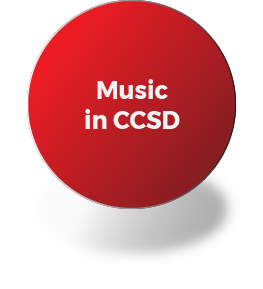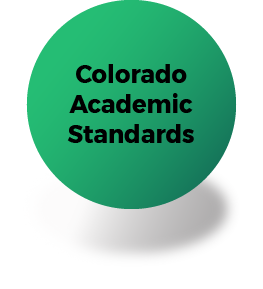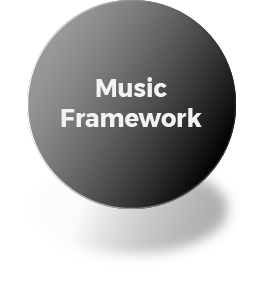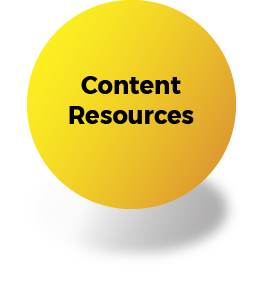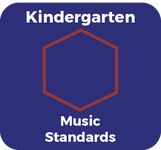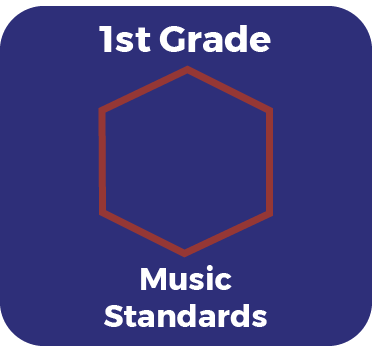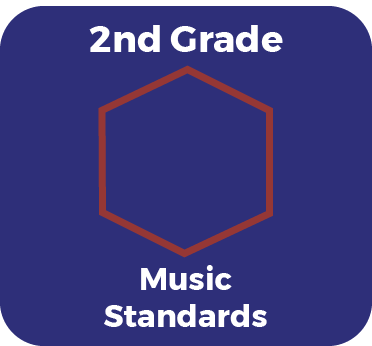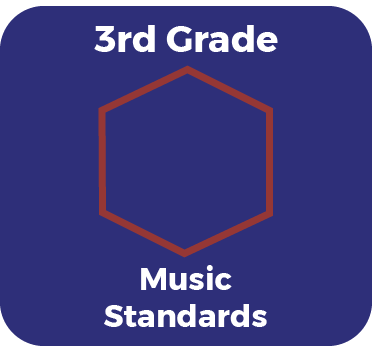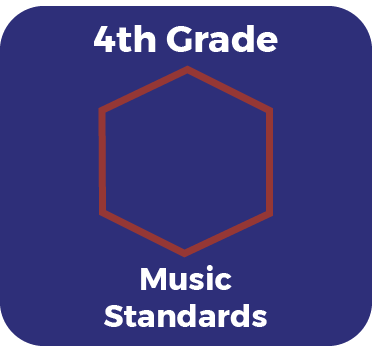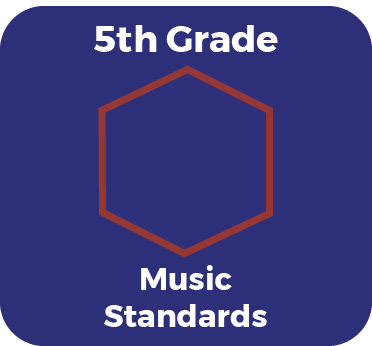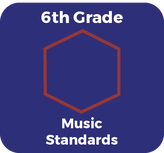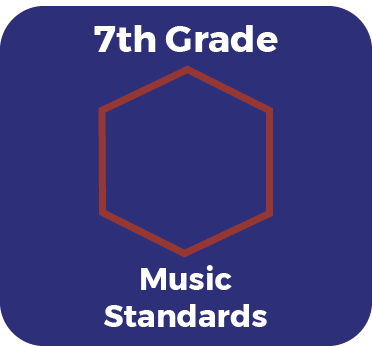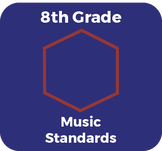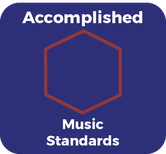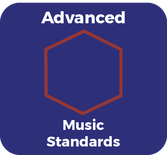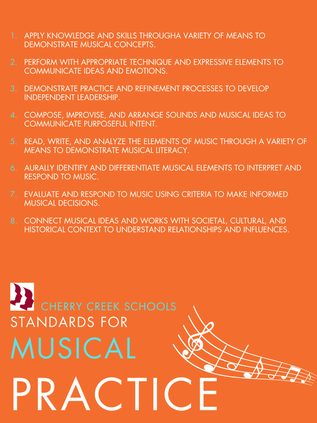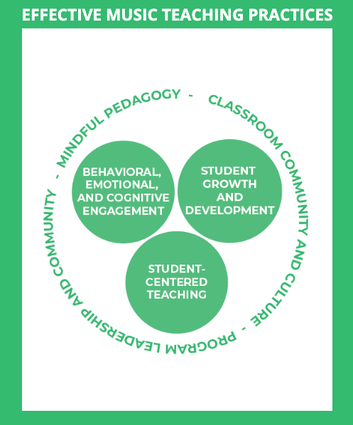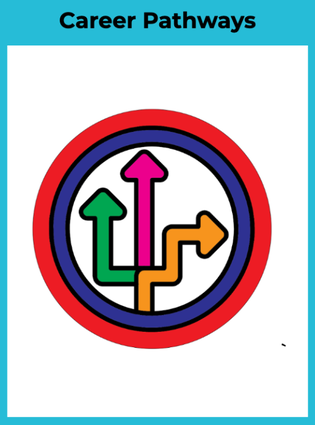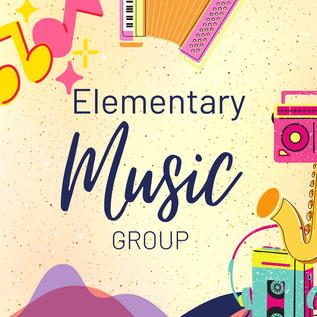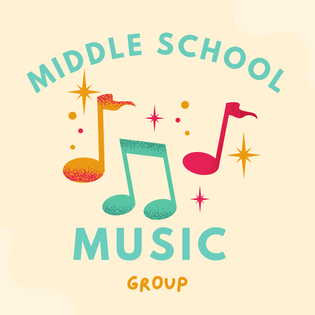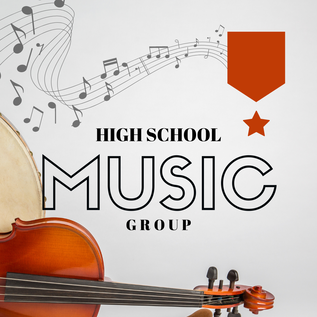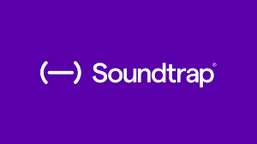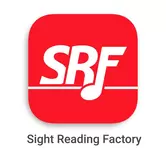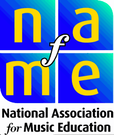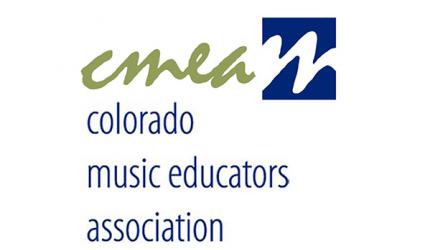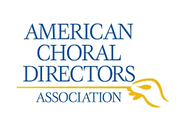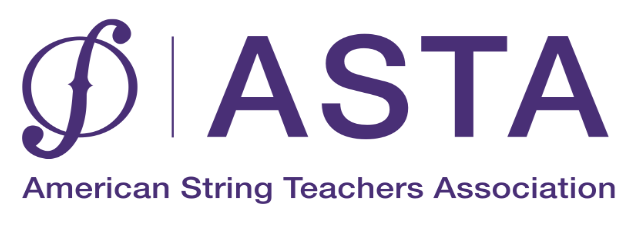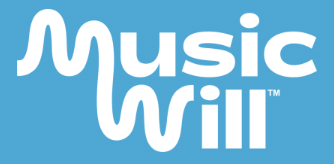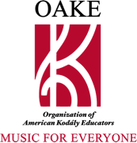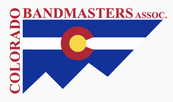Welcome to Music
Click the buttons below for quick access to content
Click the buttons below for quick access to content
By implementing a structured and standards-based music education, students continue the generational conversation and become fluent in the language of music as a manner of artistic, intellectual, and cultural expression. The acts of performing, creating, and responding to music provide a means for development and growth in the ability to express the otherwise inexpressible and to facilitate growth in many areas of academic development.
Learning to read and notate music opens for students the limitless body of musical styles, forms, and repertoire, and allows them to see what they hear and hear what they see. The interconnections in music bring together the understanding of contemporary and historical cultures as well as self-knowledge. Participation in music provides students with unique experiences and skills essential for success in the 21st-century workforce.
Music produces creativity, innovation, and cornerstone life skills that will be the key to opening doors for a more diverse and competitive workforce. In learning music, students use critical thinking, self-assessment, reasoning, problem solving, and collaboration, and make connections in new and imaginative ways as they progress through their musical education. All of these skills prepare our students for higher education and the 21st-century workforce. These standards outline the knowledge and skills needed by all Colorado citizens to participate productively in an increasingly creative economy and innovative society.
Learning to read and notate music opens for students the limitless body of musical styles, forms, and repertoire, and allows them to see what they hear and hear what they see. The interconnections in music bring together the understanding of contemporary and historical cultures as well as self-knowledge. Participation in music provides students with unique experiences and skills essential for success in the 21st-century workforce.
Music produces creativity, innovation, and cornerstone life skills that will be the key to opening doors for a more diverse and competitive workforce. In learning music, students use critical thinking, self-assessment, reasoning, problem solving, and collaboration, and make connections in new and imaginative ways as they progress through their musical education. All of these skills prepare our students for higher education and the 21st-century workforce. These standards outline the knowledge and skills needed by all Colorado citizens to participate productively in an increasingly creative economy and innovative society.
(Click on a grade level to open standards in a new window)
Elementary School
Middle School
High School
The Music Teaching and Learning Framework is used in teaching the Colorado Academic Standards
to meet the needs of EVERY student EVERY day.
The instructional framework for music is divided into three components: "Student Practices," "Teacher Practices," and "Career Pathways ." Taken together, these comprehensively describe high-quality teaching and learning in music.
(Click on the icons below for more detailed information).
to meet the needs of EVERY student EVERY day.
The instructional framework for music is divided into three components: "Student Practices," "Teacher Practices," and "Career Pathways ." Taken together, these comprehensively describe high-quality teaching and learning in music.
(Click on the icons below for more detailed information).
DR. PAUL CRIBARI
Assistant Director
Office of Curriculum and Instruction
720.554.5061
[email protected]
Assistant Director
Office of Curriculum and Instruction
720.554.5061
[email protected]
